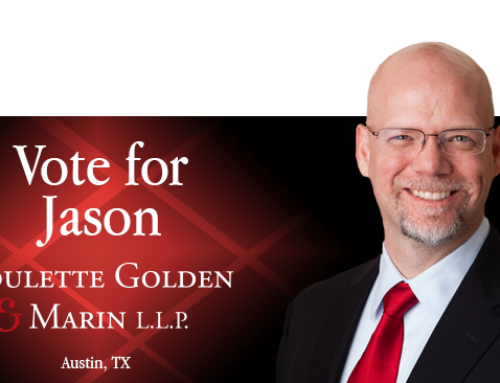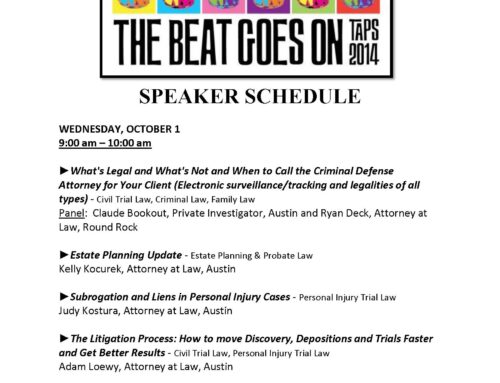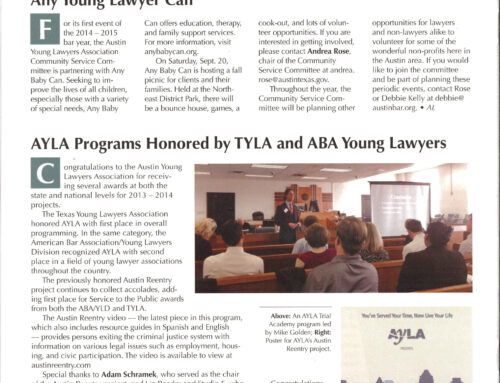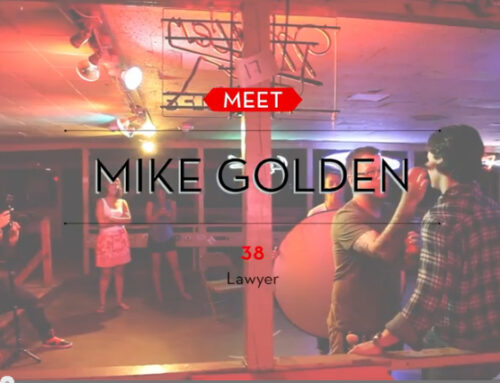by Ann Price, Partner
The City of Austin passed the “Fair Chance Hiring” ordinance on March 24, 2016 prohibiting private employers from asking about or considering criminal history until after extending conditional job offers. In so doing, Austin became the first city in Texas to regulate private employers’ use of criminal background information. The ordinance became effective on April 4, 2016.
Per the ordinance, an employer may not withdraw a conditional job offer based on criminal history learned of after the offer was extended unless the employer determines—after an individualized assessment—that the individual is unsuitable for the job. At a minimum, the employer must consider (1) the nature and gravity of the offense(s); (2) the length of time since the offense(s) and completion of any sentence; and (3) the nature and duties of the job. In addition, employers must notify individuals in writing when adverse action (such as revocation of a conditional offer or disqualification for a promotion) is taken against them because of their criminal history.
Although an employer may not publish information that implies criminal history is an automatic disqualifier, the employer may provide a written explanation of the employer’s individualized assessment system. It is not clear when in the hiring process the employer may provide this written explanation.
The “Fair Chance Hiring” ordinance defines “employment” broadly to include, among other things, full time, part time, temporary or seasonal work; contract work; casual or contingent work; and work through the services of a temporary or other employment agency. Coverage is not limited to Austin-based employers. The ordinance covers employers with 15 or more individuals whose primary work location is in Austin for each working day in each or more of 20 or more calendar weeks in the current or preceding calendar year. The ordinance does not apply to jobs with legally mandated insurance or bonding requirements that disqualify individuals based on criminal history, such as certain jobs in the financial industry.
Complaints may be filed with the City’s Equal Employment/Fair Housing Office. Violations are punishable by a civil penalty of up to $500 beginning after the first anniversary of the ordinance on April 4, 2017. For first-time violations, the City may instead issue a warning if the employer attends required training.
Employers who use criminal history information must also comply with existing state and federal laws. To avoid claims of disparate impact discrimination, employers should ensure that disqualifying individuals based on criminal history is job related for the position in question and consistent with business necessity. Appropriately conducting the individualized assessment required by the Austin ordinance will help support this effort. In addition, employers should avoid the appearance of handling applicants differently based on protected characteristics, such as race or national origin, in connection with the obtainment or use of criminal history information to avoid disparate treatment discrimination claims. When employers use third party consumer reporting agencies to run criminal background checks, they must comply with the Fair Credit Reporting Act’s requirements of notice and authorization and pre-adverse action and adverse action notices.































































